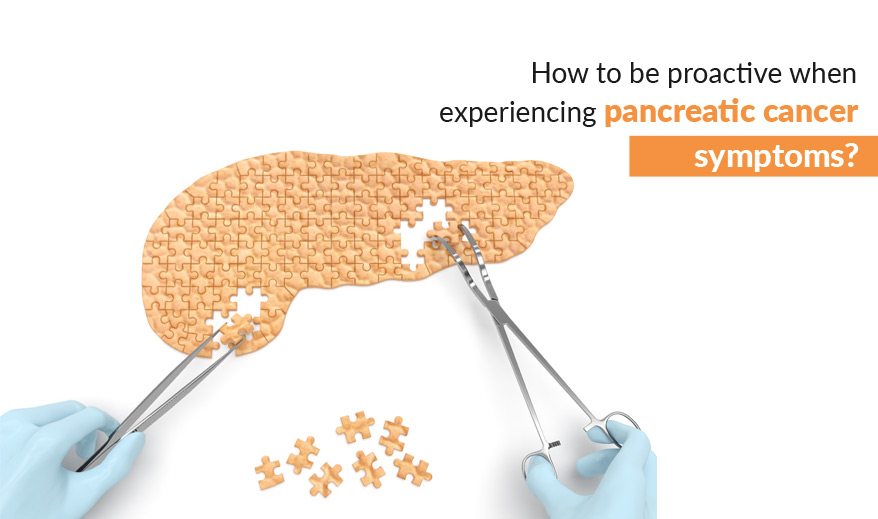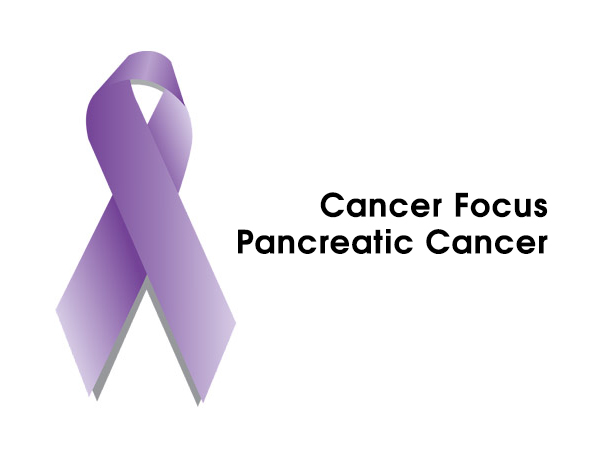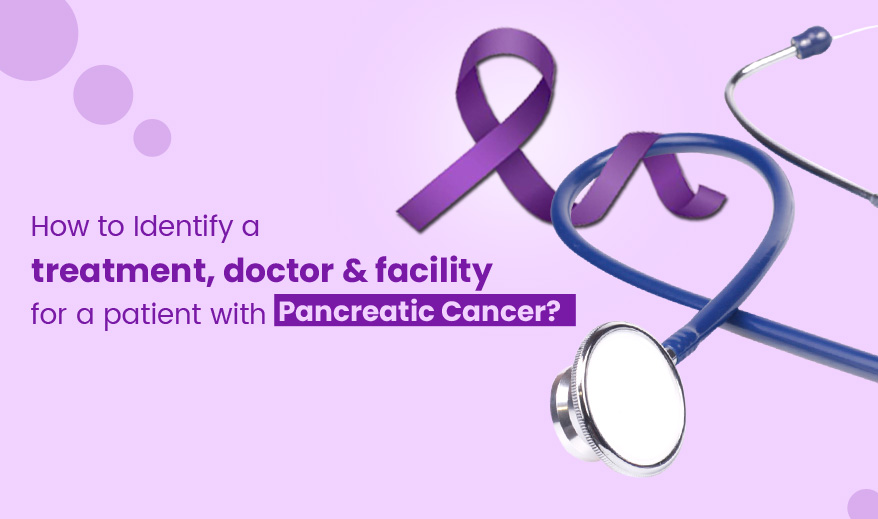
Posted in: Pancreatic Cancer Treatment by Dr. Tarang Krishna Posted Date: 28 Feb, 2020
Pancreatic cancer is a leading cause of cancer-related deaths in the world. This is because in the initial stages it causes non-specific symptoms which can range from abdominal or back pain to fatigue and more. This basic character of symptoms makes it very hard to diagnose pancreatic cancer. Going for a medical evaluation requires a regular occurrence of signs and symptoms.
Pancreatic cancer is typically diagnosed at later stages, making long-term prognosis and survival rates much lower than other cancers. However, if you experience any of the symptoms listed below for long, you should head out for pancreatic cancer treatment. Experiencing several common symptoms may indicate pancreatic cancer at an advanced stage or an unrelated medical condition. Although pancreatic cancer is rarer than other forms of the disease, it is among the most deadly ones.
Common signs and symptoms of pancreatic cancer
Pancreatic cancer may cause only vague symptoms. It is often referred to as ‘silent disease’ by experts since there are no noticeable symptoms early on. When people have symptoms, they are often similar to the symptoms of other medical conditions, such as an ulcer or pancreatitis. Here are some of the common signs and symptoms of pancreatic cancer:
Pain in the stomach or back
It is common to experience pain in the abdomen or mid-back caused by the tumour. Depending on its location, the tumour may be pushing against nerves or organs near the pancreas or blocking the digestive tract.
Bloating
Pancreatic cancer can cause digestive issues which may cause gas and bloating. It can also lead to ascites, the build-up of extra fluid in the abdomen and cause the belly to swell and stretch out.
Trouble digesting the food
Indigestion, loss of appetite, and nausea are common in people with pancreatic cancer. These symptoms often happen when the disease affects a person’s ability to digest food and absorb nutrients. They may also occur when a tumour blocks or slows the regular digestive processes.
Losing weight
Weight loss is a common symptom caused by incomplete indigestion due to cancer or by cancer itself. This is a common cancer-induced problem which affects the way the body uses the proteins and calories. It causes the body to burn down more calories than usual, break down muscle and decrease appetite.
Paleness in skin and eyes
One may also experience yellowish in the skin and eyes caused by the build-up of bilirubin, a component of the bile. This build-up can happen even if the tumour blocks the bile flowing from the gallbladder into the small intestine. People with jaundice may also have itchy skin, dark urine and light or clay-coloured stools.
Changes in stools
Many patients suffer from diarrhoea, constipation, or both. Diarrhoea is a condition of loose, watery, oily or foul-smelling stools which can be caused by an insufficient amount of pancreatic enzymes in the intestine. On the other hand, constipation happens when the digestive system works too slowly, causing stools to become dry, hard and difficult to pass.
Diagnosed with diabetes or changes in well-controlled diabetes
Many cancer experts suggest the onset of type-2 diabetes in people of age 50 years or older may be an early symptom of pancreatic cancer, especially in those who have a low BMI, experience continuous loss of weight or have no family history of diabetes. Sudden changes in blood sugar levels in diabetics who previously had well-controlled diabetes may also be a sign of pancreatic cancer.
Nausea and vomiting
Cancer can press on the far end of the stomach and partially block it, making it hard for food to pass. This may cause nausea, vomiting and pain after eating.
Persistent cough
If you have continuous cough and hoarseness for more than three weeks, it’s a sign that something’s wrong. Persistent hoarseness, wheezing, or shortness of breath are also signs to call your doctor right away.
If you are concerned about any changes you experience, get in touch with your oncologist. Relieving symptoms remains an important part of pancreatic cancer treatment and cure. This may be called palliative care or supportive care. Your doctor will ask how long and how often you’ve been experiencing the symptom(s), in addition to other questions. Remember, having one or more of these symptoms doesn’t mean you have cancer. But if they are persistent, you need to go in for a check-up. So, if you are diagnosed with pancreatic cancer, you should immediately look for the best pancreatic cancer cure for yourself depending on your preferences and stage.
Prevention Tips
Since some of the risk factors for pancreatic cancer are not in one’s control, such as age or genetics, here are a few steps you can take to reduce the cancer risk. Have a look!
Quit smoking
According to various cancer reports, around 20% to 30% of pancreatic cancers are thought to be caused by cigarette smoking. In addition to this, smokeless tobacco products are also a factor.
Maintain a healthy weight
The cancer experts say that overweight people are 20% more likely to develop pancreatic cancer and carrying extra weight around the waistline may be a risk factor even for those who aren't that overweight.
Avoid exposure to certain chemicals
Continuous exposure to heavy and repeated exposure to certain chemicals in the workplace, such as those used in dry cleaning and metalworking, may raise a person’s risk of pancreatic cancer.
Have more questions? We’re here to help!!







